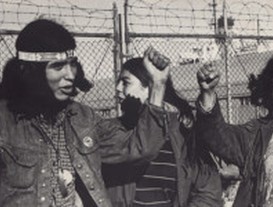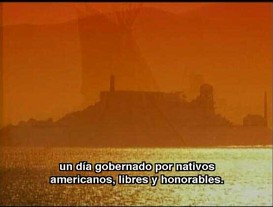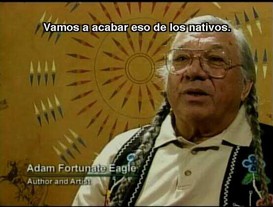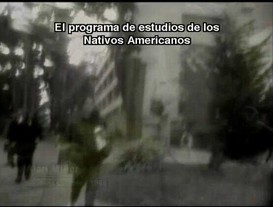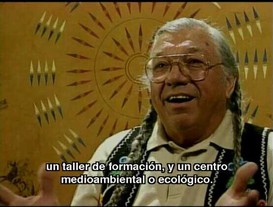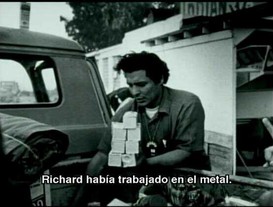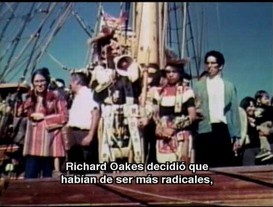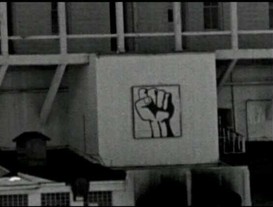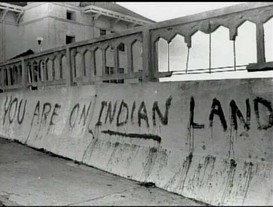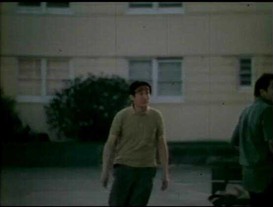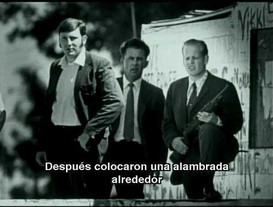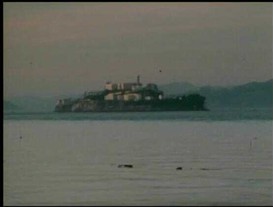James Fortier,
Jon Plutte
2002.
United States of America.
vo Anglès.
s Castellà.
58’
Per als indígenes dels Estats Units, la infame illa d'Alcatraz, famosa per albergar una presó, és una font d'inspiració. Després de generacions d'opressió, assimilació forçada i gairebé extermini, durant novembre de 1969, un petit grup d'indígenes estudiants i d'indis urbans” van decidir ocupar durant 19 mesos l'illa d'Alcatraz. Aquest petit grup, que fou ràpidament secundat per milers de membres de les diverses tribus supervivents, va reclamar aquella terra com a “territori indi lliure”, recuperant així la pèrdua de 1880. Aquest vídeo examina, a través d'entrevistes i imatges d'arxiu de la ocupació, de quina manera aquesta acció va aconseguir modificar la política del govern per als “assumptes indis” i com va aconseguir també canviar per sempre la forma en que els indígenes es veien a si mateixos i percebien la seva cultura i els seus drets.
https://itvs.org/films/alcatraz-is-not-an-island